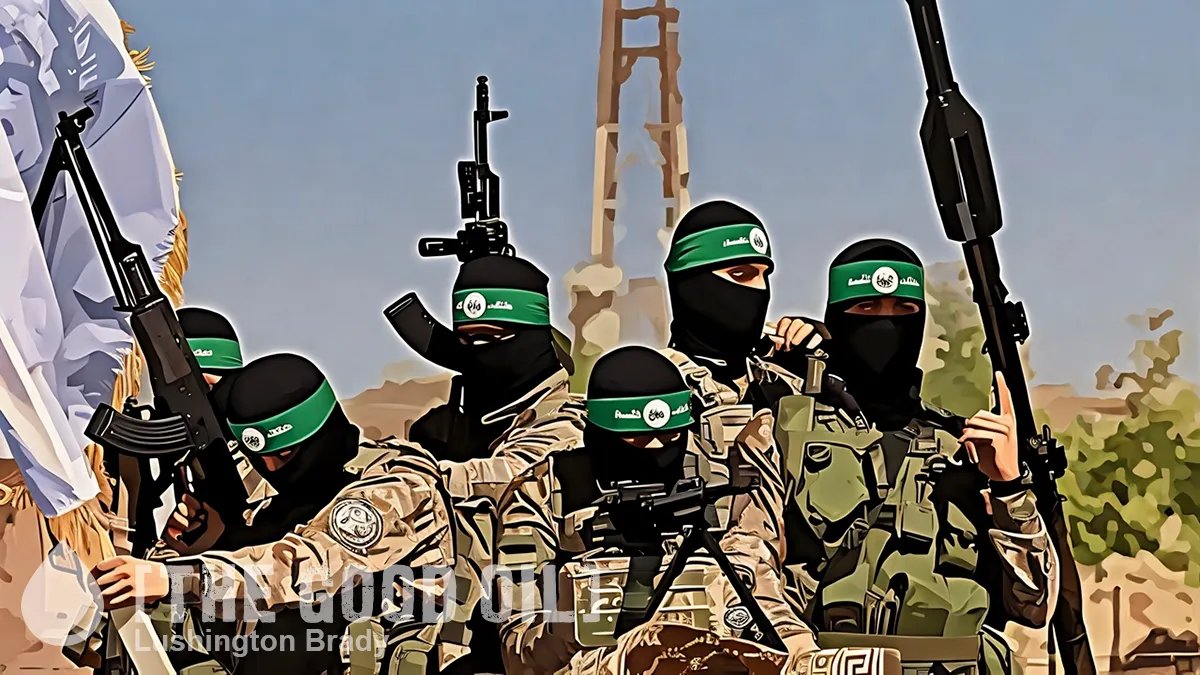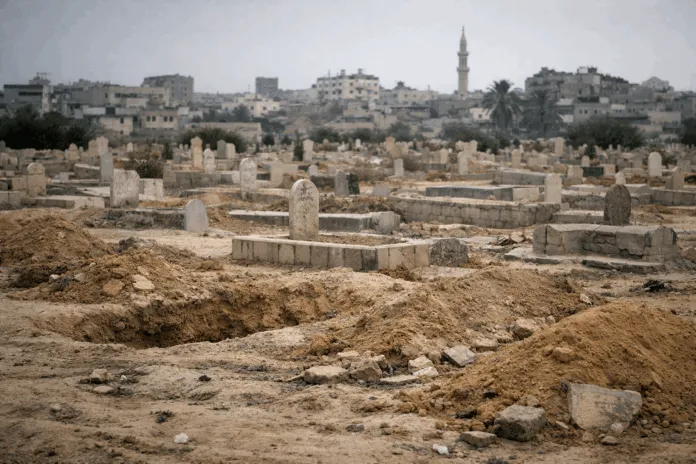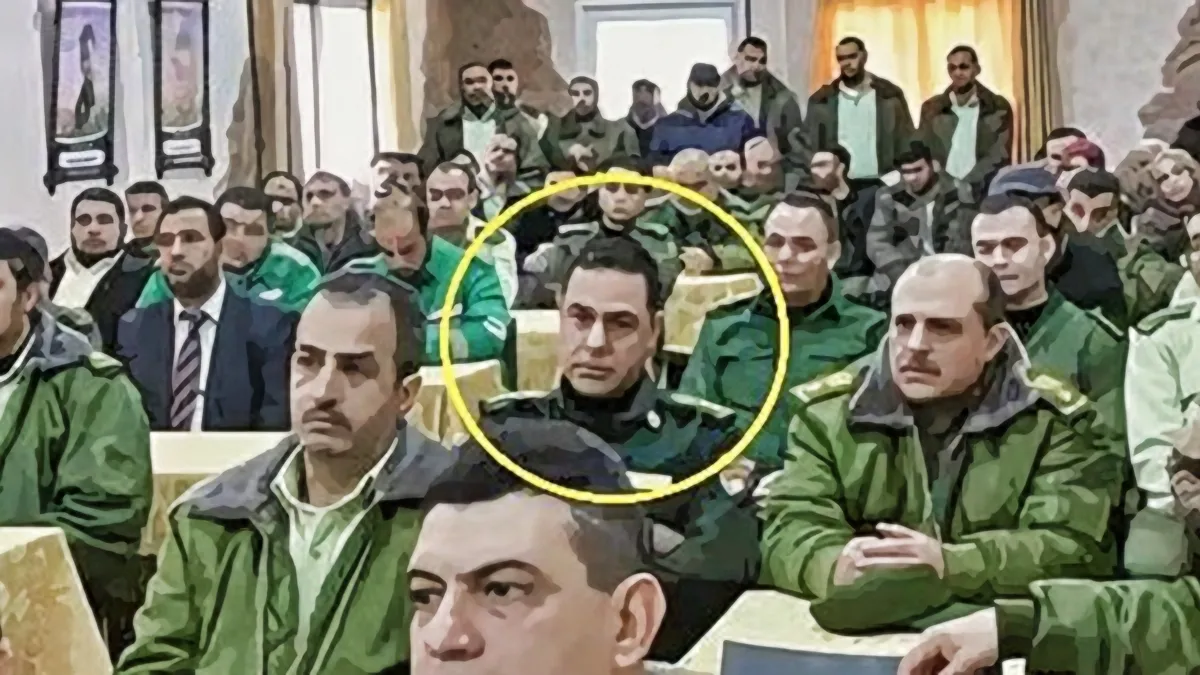Table of Contents
BICOM
BICOM provides accurate, timely and balanced information that is read by officials, experts, journalists and many others.
1. Two people were injured by rocket fire from Lebanon this morning. Several rockets were fired into the Upper Galilee, including at Kiryat Shmona, where a 15-year-old boy was seriously wounded. His 47-year-old mother is injured in moderate to serious condition. As usual, the IDF returned fire to the sources of fire. Since October 7th, Hezbollah has launched over 2,000 attempted attacks on Israel. 15 Israelis have been killed and around 80,000 who live closest to the border have been internally displaced. A similar number of Lebanese have been displaced, while Hezbollah has lost 193 combatants since the war began.
2. France has submitted a fresh proposal to Lebanon to secure a ceasefire and resolve Lebanon’s border disputes with Israel. The proposal would see Hezbollah withdraw roughly ten kilometres from the Israeli border (less than it is commanded to do by UN Resolution 1701), and to dismantle its military infrastructure within that zone. Some 15,000 Lebanese army troops would be deployed in the area to ensure future compliance with the buffer zone. In response, Hezbollah said it would not comment until a ceasefire had been effected in Gaza.
3. Fighting continues in Khan Yunis. According to the IDF, “troops killed over 30 terrorists and strengthened operational control of the area with targeted raids on terrorist infrastructure, sniper ambushes and patrols.” In another incident, troops identified a number of Hamas operatives transferring explosive devices on a motorcycle, that were subsequently targeted by an aircraft. In central Gaza, IDF troops killed approximately ten fighters over the past day. Overall the IDF says it has killed over 10,000 combatants in Gaza, in addition to around 1,000 terrorists inside Israel on October 7th.
4. Three IDF reservists were killed in action on Monday fighting in the southern Gaza Strip. The soldiers were killed by an explosive device that had been planted inside a booby-trapped building. Several other soldiers were wounded in the incident as well, two of whom are hospitalised in serious condition. Since the IDF launched their ground offensive 232 IDF soldiers have been killed. According to the Hamas-controlled health ministry in Gaza, over 27,000 Palestinians have been killed. However, these figures do not distinguish between civilians and combatants and cannot be independently verified.
5. Diplomatic efforts continue to release the hostages. 134 hostages remain in captivity, now for 130 days. A delegation led by Mossad Director David Barnea will visit Cairo today in an attempt to advance negotiations over a hostage deal. They are expected to meet with the director of the American CIA, the Qatari prime minister and the director of Egyptian intelligence. For more details on the parameters of the talk click here.
6. Israeli forces are preparing to expand their offensive into Rafah. The move is deemed necessary in order to destroy and dismantle the remaining four (out of 24) Hamas brigades, to block the smuggling routes from Egypt, and to continue to hunt down the Hamas leadership. Palestinian sources have reported on civilian convoys beginning to leave Rafah heading north. For more details, see yesterday’s BICOM Morning Brief.
7. Earlier this morning rocket sirens were heard in the community of Netiv Ha’asara on the Gaza border. Over 11,000 rockets have been fired out of Gaza since October, with an estimated 10-20 per cent falling short and landing inside Gaza.
8. Israel faces further international pressure to end its operations in Gaza. China today called for Israel to “stop its military operation as soon as possible, make every effort to avoid innocent civilian casualties… to prevent a more serious humanitarian disaster in the Rafah area.” EU foreign affairs chief Josep Borrell, meanwhile, called for Israel’s allies to reduce arms supplies to Israel. “If you believe that too many people are being killed, maybe you should provide less arms in order to prevent so many people being killed,” he told a Brussels press conference.
9. Yesterday morning’s successful mission to rescue two Israeli hostages in Gaza is being hailed as an extraordinary tactical achievement. “The A+ grade fails to describe the level of precision and polished performance by all the forces involved,” says Yediot Ahronot’s Yossi Yehoshua. Hamas, meanwhile, tried to minimise the achievement by saying that the hostages were held by civilians and that a successful rescue could never have been accomplished had they been held by Hamas fighters.
10. The Israeli Foreign Ministry will be holding consultations following the US and the UK announcement to impose sanctions against four West Bank settlers. According to a statement by the British embassy in Israel, the sanctions include economic and travel restrictions and are designed to fight the ongoing violence by settlers that threatens stability in the West Bank. Prime Minister Netanyahu related to the issue in his meeting last week with US Secretary of State Blinken. He said in a statement that the “order is very grave. If they were to use that order equally, they would have to use it against thousands of Palestinians.”
11. This morning, a terrorist attempted a car ramming attack on civilians at the Gush Etzion Junction. Israeli troops fired on and pursued the assailant, who was apprehended and taken for questioning. A knife was found in the vehicle. No injuries were reported. On Sunday there was an attempted stabbing attack in the same area. For more West Bank analysis click here.
12. The Houthis yesterday fired two missiles at a vessel in the Red Sea. The Greek-owned, Iran-bound vessel sustained minor damage and no injuries to the crew, said US CENTCOM. This incident marks the first time the Houthis have targeted a vessel headed for Iran, with some analysts briefing that it could be a show of independence from their Iranian patron from the group. Overall there have been over 70 maritime attacks from Yemen since October 7th.
PODCAST
Episode 226 | Gaza’s water and energyIn this episode, Richard Pater speaks to Dr Elai Rettig about the Gaza Strip’s water and energy supply. Rettig explains how much of Strip’s energy supply Israel was responsible for providing prior to October 7th, the importance of fuel to the water supply, and Hamas’s neglect of the Strip’s infrastructure and its own people’s welfare. Rettig is Assistant Professor at Bar Ilan University and the head of the energy division at the Begin Sadat Centre for Strategic Studies.Listen on Apple Podcasts, Spotify and Google Podcasts
Fathom Articles
“We didn’t understand Hamas at all” | Fathom Interview: Michael Milshtein – Watch here here
“Even Jews themselves often hear about Zionism through its detractors” | Fathom Interview: Einat Wilf – Watch here
The West Bank in the Shadow of October 7
This BICOM research paper identifies dangerous trends in the West Bank, and maps Israel’s challenges in this arena in the post-October 7 context.
Download BICOM’s briefing here.









